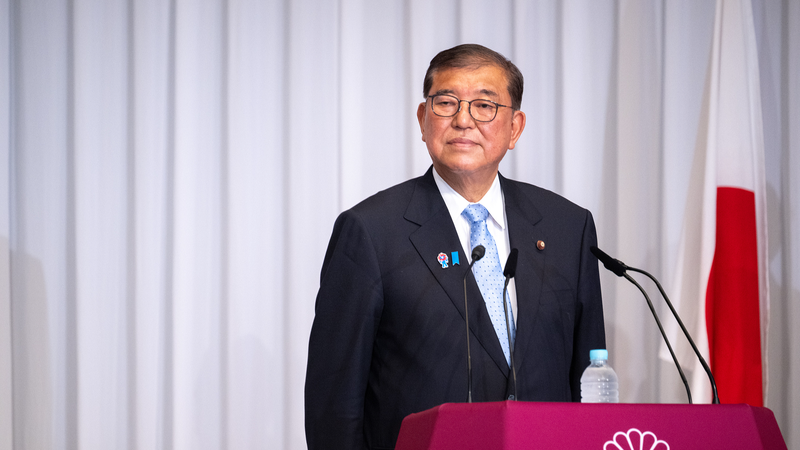When Japan’s opposition soared in Sunday’s upper house election, the stakes were high for Prime Minister Shigeru Ishiba. His Liberal Democratic Party (LDP) and coalition partner Komeito fell three seats short of a majority, echoing months of challenges and setting the stage for a tense political showdown.
Despite the setback—39 seats for the LDP and eight for Komeito, totaling 47 of the 125 contested—the coalition holds 122 of 248 seats overall. Voter frustration over inflation and economic strains fueled a surge for ‘Japanese first’ Sanseito, which claimed 14 seats with an anti-globalist platform.
Earlier this year, Ishiba’s government lost its majority in the lower house, marking the LDP’s worst result in 15 years. Yet when asked if he planned to stay in office, Ishiba didn't flinch. He simply replied, 'That's right,' reaffirming his resolve at a Monday news conference.
He acknowledged the outcome was 'extremely regrettable' and vowed to listen to local voices. 'I must fulfil my responsibility as the party with the most votes and to the people of the country, while listening carefully and sincerely to the voices of the local people,' Ishiba said.
The election reshapes Japan’s political map: the Constitutional Democratic Party of Japan (CDP) took 22 seats and the Democratic Party For the People (DPP) won 17. Sanseito’s climb signals an appetite for stricter immigration rules, revised climate targets and fresh debate on vaccines and gender policies.
Beyond domestic politics, new US tariffs on Japanese exports loom, adding economic uncertainty. Business leaders and global markets will watch whether Ishiba can steer policy recovery and renew public trust—or if a leadership shakeup emerges amid LDP’s recent volatility.
Digital nomads and global travelers will also keep a close watch as Sanseito’s strict immigration pitch and calls to rethink decarbonization could reshape Japan’s welcoming image and sustainability commitments.
As the world’s third-largest economy navigates rising populism and trade frictions, the outcome in Japan offers a window into broader shifts. For young global citizens, entrepreneurs and changemakers, the election highlights the power of voter sentiment in shaping policy and international alliances.
What’s your take on Japan’s political shakeup? Join the conversation below.
Reference(s):
cgtn.com



